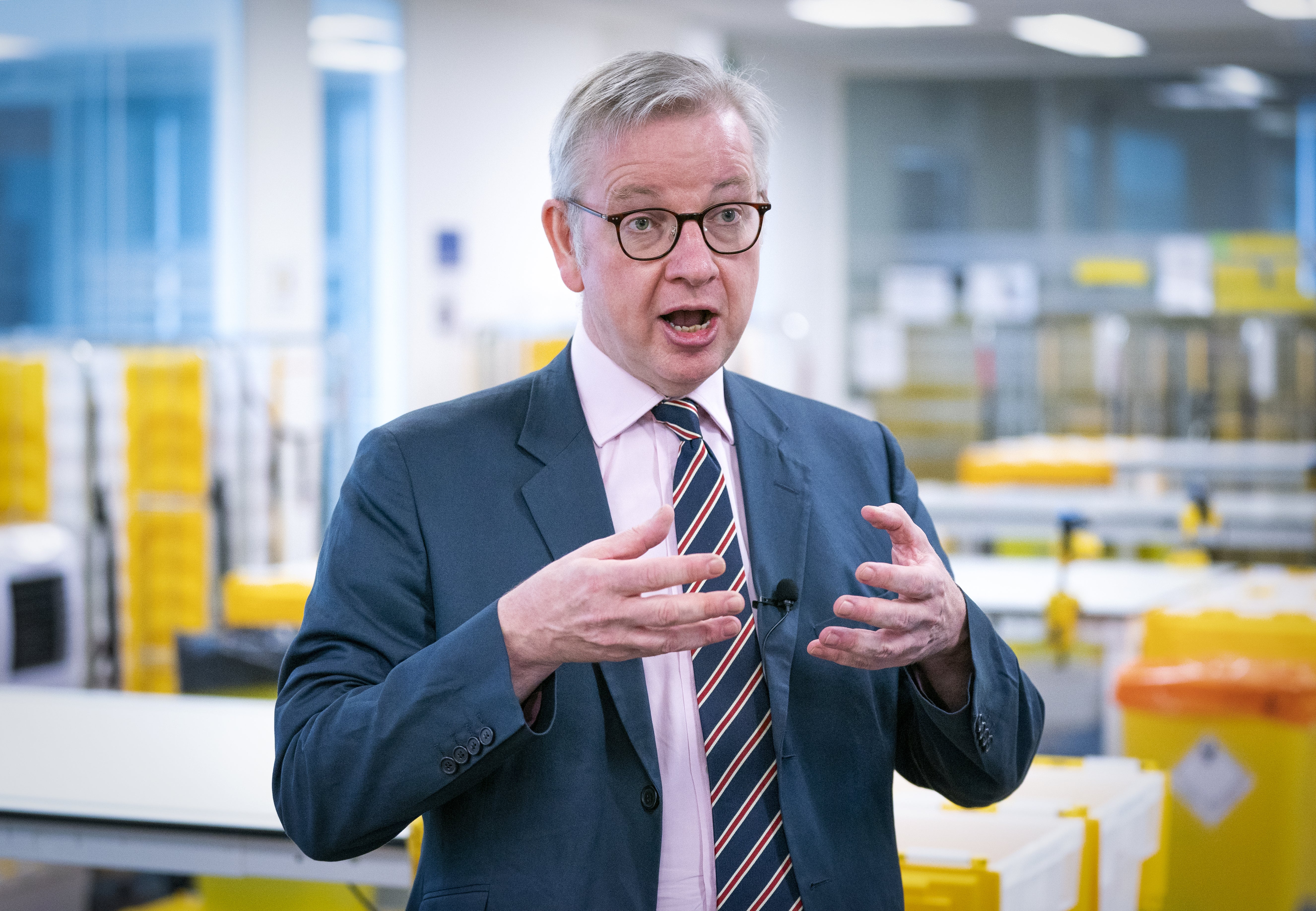The key to levelling up? Focus on the small stuff
People just want their areas to be happier, more prosperous versions of what they are already, writes Ed Dorrell


The question of what “levelling up” means has been challenging policy wonks, journalists and politicians for much of the two years since Boris Jonson’s 2019 electoral shockwave.
On the face of it, the challenge is a simple one: how can Conservative minsters improve the lives of the millions of Red Wall residents who lent them their vote two years ago? But while the challenge might seem clear, the answer can look horribly complicated, mired in economic strategy and bureaucratic red tape.
Successive governments have struggled to reverse years of economic (and at least partial social) decline in huge pockets of the north of England and the West Midlands. If you go all the way back to John Major’s government you can find attempts to bring these economies and the lives of the people who work within them up to something like the more affluent south.
Over the years this has largely centred on big, top-down policy interventions and investment. Major’s deputy Michael Heseltine oversaw huge economic development zones; under Tony Blair, John Prescott had extraordinary visions of turning Yorkshire cities into Tuscan hill towns; and under David Cameron, George Osborne dreamt of a Northern Powerhouse, propelled by HS2.
It hardly needs saying that, at best, these well-intentioned initiatives had limited success – and where they did bring about change it was largely in the major cities.
And so I hope Boris Johnson and Michael Gove’s long-awaited levelling up white paper, published today, doesn’t become dominated by grand visions of a new future for Middlesbrough and Oldham.
While sweeping reforms – including the trailed plans for more devolution – will be welcomed by many, Johnson and Gove must also remember the small stuff. Research carried out by Public First, where I am a director, points to what people want to see from levelling up. As I have written before, it’s not that complicated: they want cleaner streets, more vibrant high streets, less crime and a happier public realm (from parks to pubs via libraries).
Some of this can be achieved by unglamourous public policy reform. For example, business rates reform might work; supporting the police to focus their time and energy on antisocial crime; funding local councils to make sure streets are more regularly swept and hanging baskets watered; and ensuring the tax regime allows local pubs to compete against the booze aisles in the local supermarkets.
To keep up to speed with all the latest opinions and comment sign up to our free weekly Voices newsletter by clicking here
A big vision underpinned by grand economic analysis could prove important – and might indeed be essential. But it’s worth Johnson and Gove remembering that people can’t relate to big policy interventions – they prefer tangible improvements in their day to day lives.
If very many focus groups with the Great British public have taught me anything it’s that most residents of the Red Wall don’t particularly want their towns to be transformed into Lucca-by-the-Tees, or for that matter a northern version of a leafy Cambridge suburb. They just want them to be happier, prosperous and vibant versions of what they are already, and to be able to feel a sense of civic pride in the communities around them.
To be fair, there is an attempt in today’s white paper to focus on deliverables, and making sure improvements are felt in a tangible way. But in the months and years ahead, the politicians attempting to deliver levelling up must remember to avoid the temptation of megalomania, and instead double down on the brass tacks.
Ed Dorrell is a director at Public First






Join our commenting forum
Join thought-provoking conversations, follow other Independent readers and see their replies
Comments